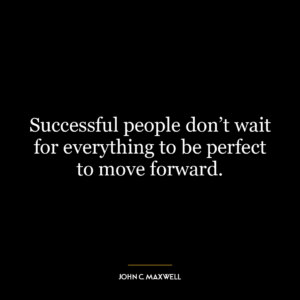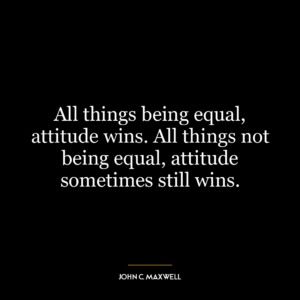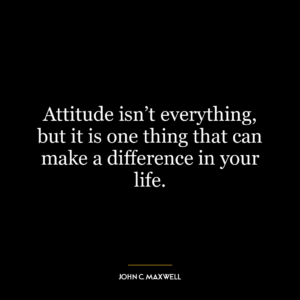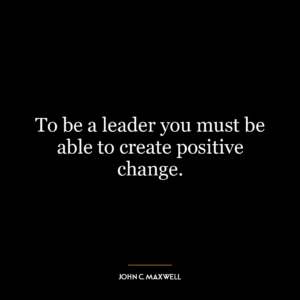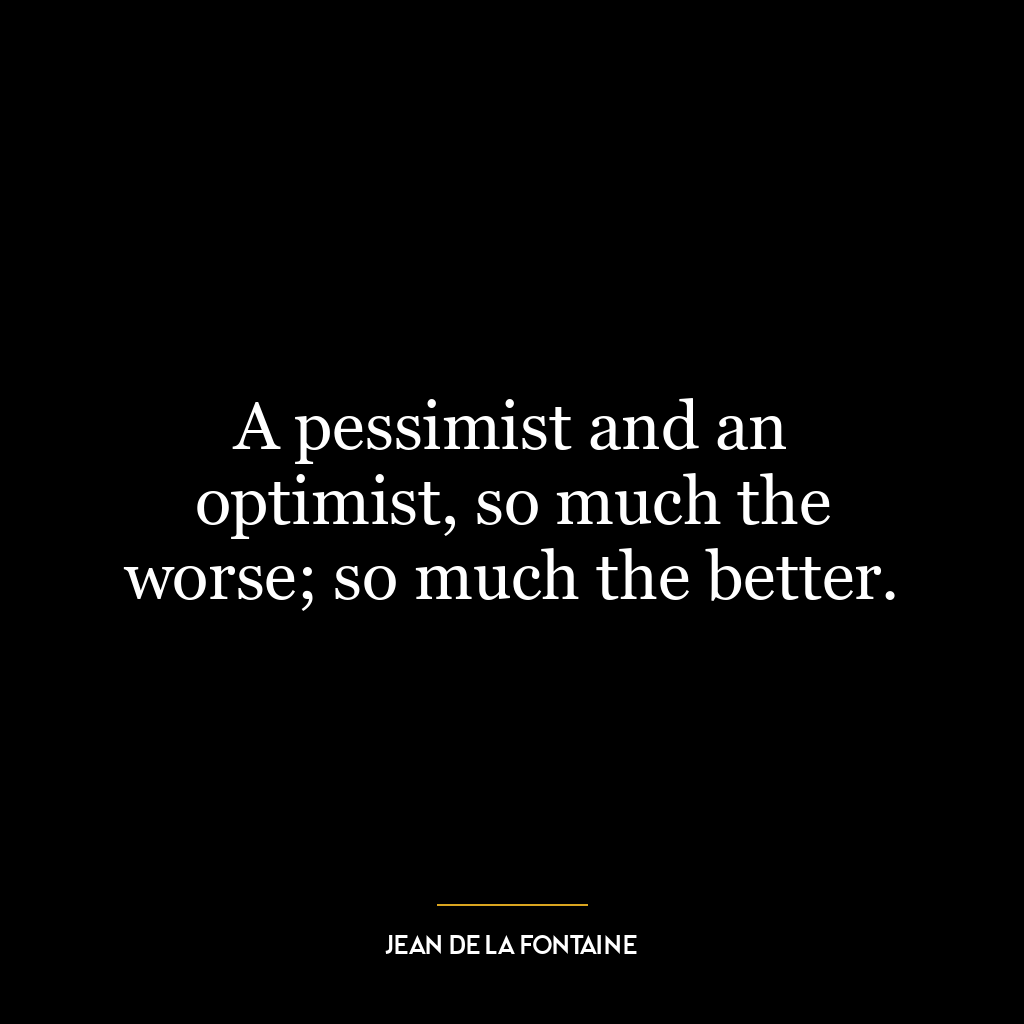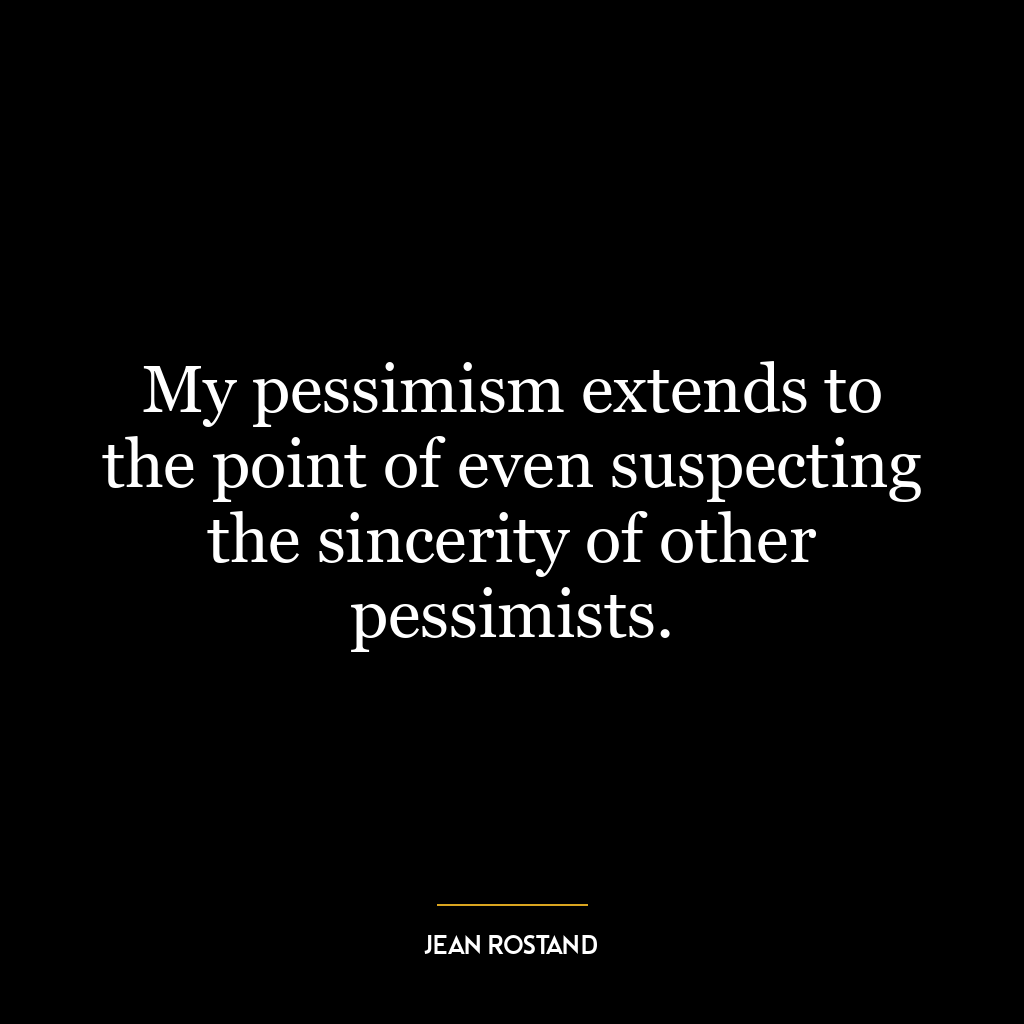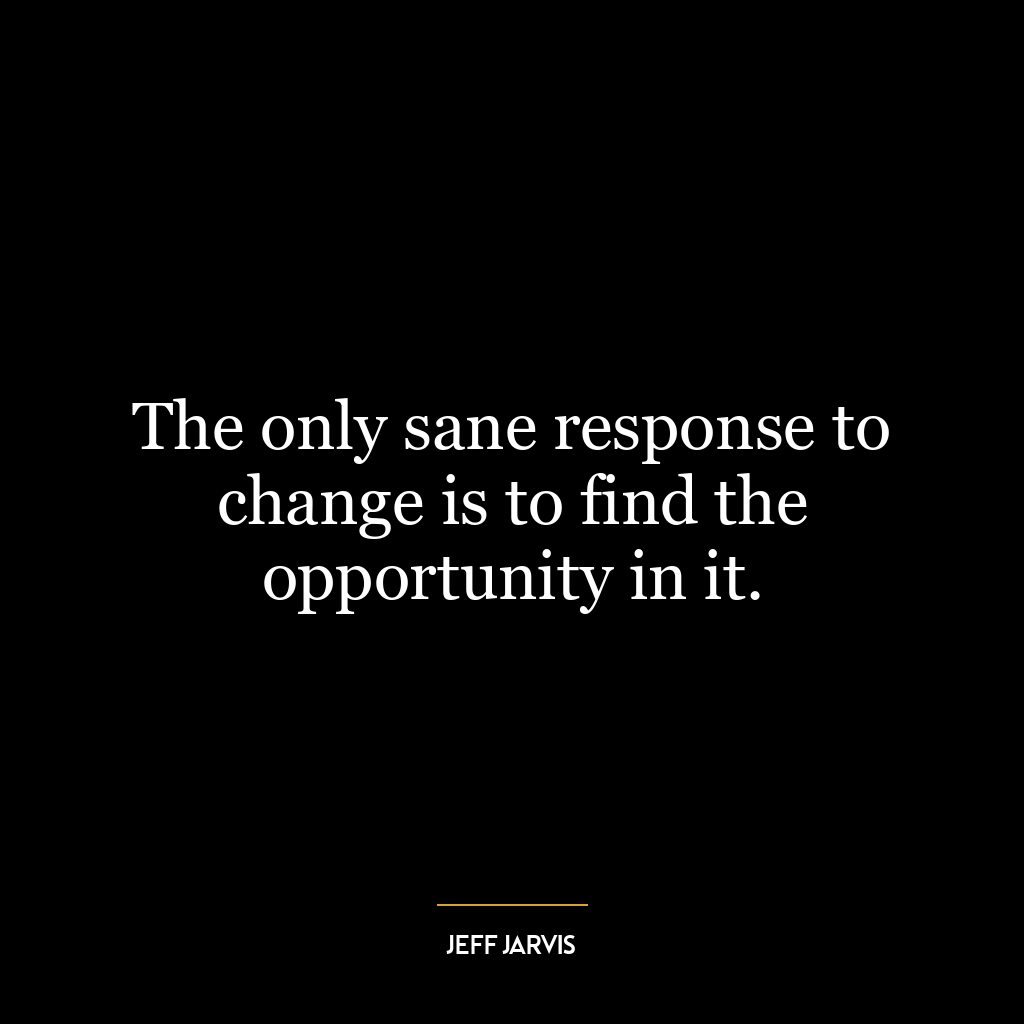Negative expectations are a quick route to dead-end thinking.
This quote is centered on the concept that if we start any endeavor with a negative mindset or with the expectation of failure, we are essentially setting ourselves up for that failure. This is because our thoughts and expectations often shape our actions and attitudes. If we expect the worst, we may unconsciously act in ways that bring about that very outcome, or we may not put in as much effort as we could have, believing that it’s pointless. This is what is referred to as ‘dead-end thinking’ – it’s a mindset that doesn’t allow for growth, improvement, or success.
The quote suggests that to avoid this ‘dead-end thinking’, we should strive to maintain a positive outlook and have faith in our abilities to succeed. Even if we encounter obstacles, a positive mindset will help us to see these as opportunities for learning and growth, rather than as insurmountable barriers.
In today’s world, this idea is incredibly relevant. We live in a society that is often quick to highlight and focus on negatives, failures, and disasters. This can easily lead to a general sense of pessimism and negativity. However, by consciously choosing to expect positive outcomes, we can counteract this and set ourselves on a path to success.
In terms of personal development, this quote can be a powerful guiding principle. For instance, if you are trying to learn a new skill, starting with the expectation that you will fail or that it will be too hard only sets you up for struggle. Instead, if you approach it with positivity and the expectation that you can and will master it, you’re much more likely to put in the necessary effort and to persist in the face of challenges.
The idea is not to ignore potential challenges or to pretend that everything is perfect. Rather, it’s about maintaining a positive overall outlook and not letting negative expectations dictate your actions or limit your potential.




